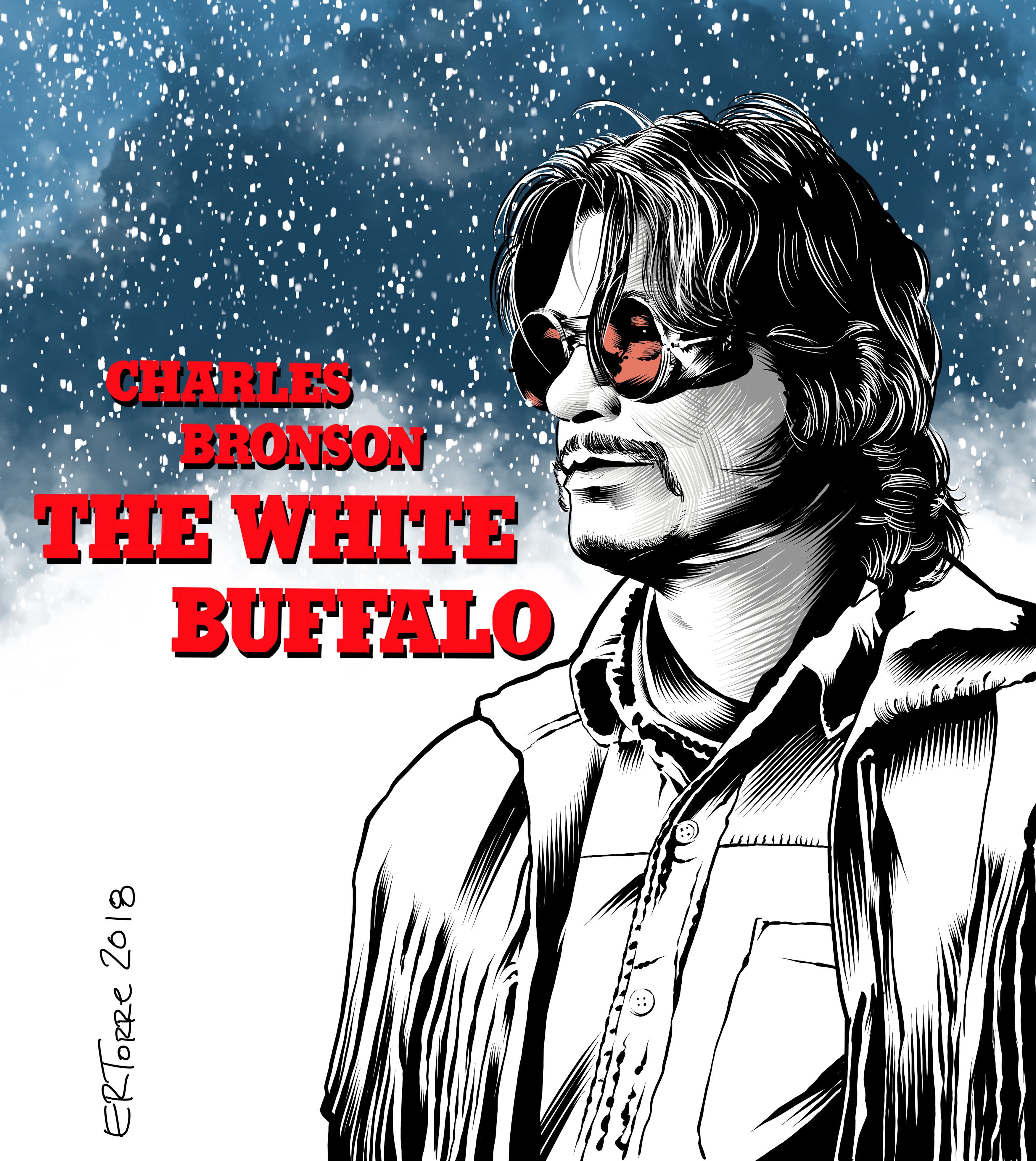We’re up to week four of the song a week release for the upcoming David Bowie EP Is It Any Wonder?
I mistakenly thought originally that the EP would feature rehearsals from David Bowie’s 50th Birthday party -understandable to some extent as the first song released, The Man Who Sold The World, was from that rehearsal- but have since realized that the songs being released were mostly songs made during the Earthling album sessions but never formally released until now.

Originally released in 1997, Earthling is a damn good David Bowie album, one I feel is up there with the best he released in his later years though I still feel the one that came right before it, 1. Outside, is the best of the lot.
Thing about Earthling is that it is a heavy electronica/dance album and, I suspect, some David Bowie fans might have been turned off by him once again making a sudden shift to a different style of music. I think the album is energetic and mostly works but, I have to admit, the electronica does feel, to me anyway, somewhat repetitious after a while.
Still, I stand by what I say: Earthling is one of Bowie’s best later day albums.
So along with The Man Who Sold The World, the other two songs released to date from the upcoming Is It Any Wonder? are I Can’t Read ’97 (you can read my review of it along with listen to the song here) and Stay ’97 (you can read my review of it along with listen to the song here).
The reason both I Can’t Read and Stay are identified with the ’97 year is because they are both studio/session remakes of previous Bowie songs. I Can’t Read was originally presented on the first Tin Machine Album while Stay was originally released on the Station To Station album. The Man Who Sold The World, because it is part of the rehearsal is instead listed as the ChangesNowBowie version, which is the album that will feature a plethora of Bowie rehearsals for his 50th Birthday Party.
Anyway, the fourth song of this upcoming EP has been released and it is Baby Universal ’97. This song is another cover/interpretation of a Tin Machine song, this one from Tin Machine 2.
Instead of presenting that song right away, let me first present to you the original version of the song as it was originally released on Tin Machine 2:
While I very much enjoyed the first Tin Machine album, the second album feels like a hit and miss affair. David Bowie wasn’t one to linger long in any style or song type pattern, very much earning his chameleon nickname, and if something was very popular and worked or didn’t at all, his instincts always seemed to be to move ahead and do something new.
Tin Machine 2, thus, to my ears sounded like half a good album. There were songs on it, like the above, which I thought were freaking fantastic, while there were others that felt like they were thrown in because… why not. Tin Machine was never a popular musical experiment for David Bowie and it wasn’t surprising that after the release of the second album the band was done and Bowie returned to making “David Bowie” albums.
But, as I said, there were some damn good songs on the album and I very much liked Baby Universal. It is energetic, it moves, and it rocks.
When the Earthling sessions came about, clearly Mr. Bowie was looking back at Tin Machine and perhaps thinking about what went wrong (if indeed he felt that way) and that might be why he did such a different version of I Can’t Read from the first Tin Machine album. I didn’t like the new take all that much but, as I said in the review of the new version of the song, I didn’t like the original all that much either.
Having said all that, here’s the next release from Is It Any Wonder?, Baby Universal ’97:
I like this new version of the song well enough but, just as with I Can’t Read ’97, I feel the original version is the better of the two.
The original simply has more energy to it and I love the “Baby” chorus Bowie provides in the background.
I suppose what this shows is that even when making works which were panned by critics and many fans, David Bowie was still creating some good stuff. Yeah, Tin Machine 2 may be a lesser album overall, but I’ll be damned if Baby Universal isn’t one hell of a rocking song.
If the remake release gets people to look back at Tin Machine 2 and, perhaps, finally release a digital copy of it (believe it or not, the only way to buy the album now is by the CD or old tapes/vinyl), then perhaps this exercise will have been worth it.

